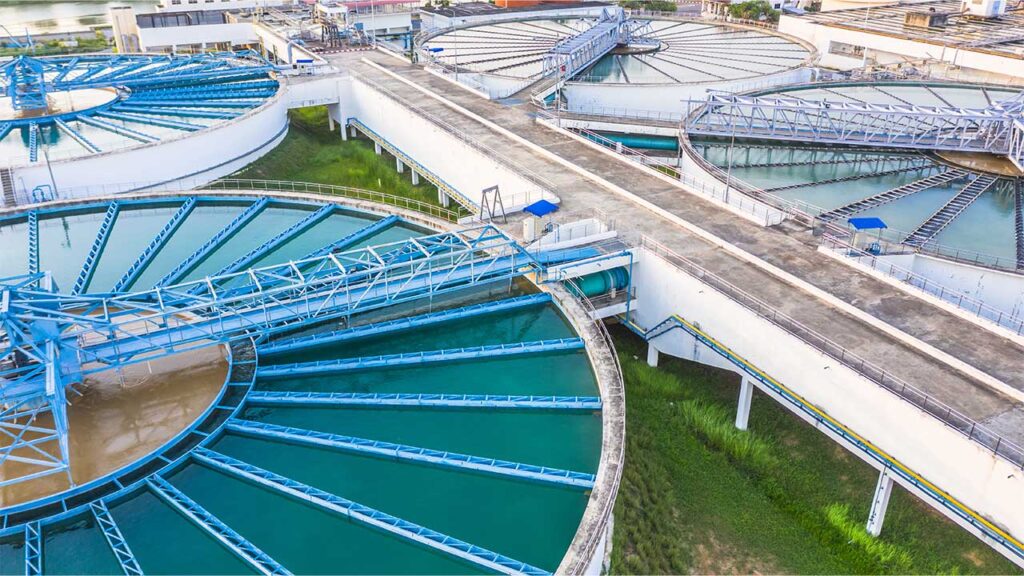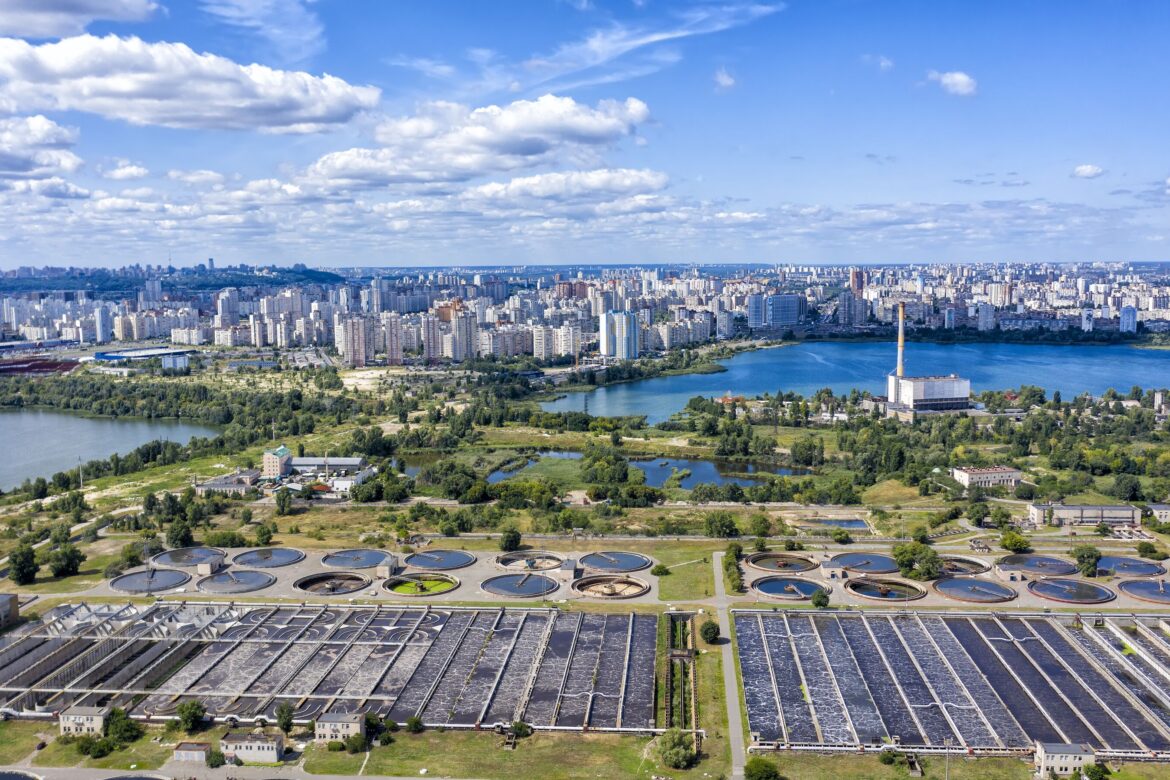To reach UN water targets by 2030, global wastewater treatment capacity needs to increase by 8.56 billion cubic meters each year
Global wastewater treatment capacity needs to increase annually by 8.56 billion cubic meters and investment in an additional 469 treatment facilities per year is required to meet United Nations (UN) goals. These are the findings of independent research commissioned by ABB ahead of World Water Day (WWD) on March 22, 2023.
As the UN prepares to report on progress made against its Sustainable Development Goals (SDG), ABB’s research focuses on SDG 6.3 which aims to improve water quality by halving the proportion of untreated wastewater globally, increasing recycling, and minimizing the release of hazardous materials. The UN says 2.2 billion people lack access to safely managed drinking water, while more than 4.2 billion people lack safely managed sanitation.
However, treating wastewater is energy-intensive, with the industry consuming up to three percent of the world’s total energy output and contributing to over 1.5 percent of global greenhouse gas emissions.
“This research proves more needs to be done to help support the UN goals and accelerate progress in tackling water scarcity,” said Brandon Spencer, President of ABB Energy Industries. “But we need to ensure we are achieving these wastewater treatment targets in the most energy and resource-efficient way possible to make it sustainable. This is where technology is key.”
While increasing wastewater treatment capacity is a priority, the early integration of technology to drive efficiency at plants is also vital. ABB’s automation, electrification, and digital solutions are helping monitor, analyze, and manage wastewater plant operations. In association with crucial measurement and control solutions, which collect and transmit a wealth of operational and diagnostic data, ABB systems help optimize resource efficiency and reduce energy consumption.
Development Economics, which has over 20 years of research experience, utilized the same data employed by the UN to assess what real-term measures are needed. Based on modeling using a 50-million-liter daily capacity wastewater treatment plant as the benchmark, a further 469 treatment facilities – the volume equivalent of 3.4 million Olympic swimming pools – is required each year.
The scale of the challenge linked to UN SDG 6.3 is highlighted in a report from 2021 assessing the volumes of wastewater collected, treated, and reused. The research, which is used by the UN, concludes that 48 percent or 171.3 billion cubic meters of wastewater is uncollected or untreated annually. To meet SDG 6.3 – which targets halving the proportion of untreated wastewater by 2030 – these figures need to be reduced to 24 percent and 85.65 billion cubic meters.
In 2022, ABB’s Energy Transition Equation report analyzed how better use of wastewater could relieve pressure on water supplies through greater integration of automation and digital technologies:
- Wastewater sites can reduce carbon emissions by up to 2,000 tons per annum
- With over 50,000 plants worldwide, 100 million tons of CO2 could be saved each year
- By applying a package of automation and digital solutions, water companies can reduce carbon emissions as well as deliver annual operational savings of up to $1.2 million per plant
ABB’s Process Automation business is a leader in automation, electrification, and digitalization for the process and hybrid industries. We serve our customers with a broad portfolio of products, systems, and end-to-end solutions, including our # 1 distributed control system, software, and lifecycle services, industry-specific products as well as measurement and analytics, and marine offerings. As the global #2 in the market, we build on our deep domain expertise, diverse team, and global footprint, and are dedicated to helping our customers increase competitiveness, improve their return on investment and run safe, smart, and sustainable operations. go.abb/processautomation

ABB is a technology leader in electrification and automation, enabling a more sustainable and resource-efficient future. The company’s solutions connect engineering know-how and software to optimize how things are manufactured, moved, powered, and operated. Building on more than 130 years of excellence, ABB’s ~105,000 employees are committed to driving innovations that accelerate industrial transformation. www.abb.com
ABB solutions have been contributing to water treatment in India on a range of projects. The offerings include soft-starter packages, electrification panels, compact substations, end-to-end automation, control and instrumentation solutions, drives, etc. for various sewerage treatment and pumping plants and water pumping stations of water utilities from the pumping station at the river and special projects like Namami Gange in the states of Bihar and Uttar Pradesh. In addition, ABB also deploys precision products like water quality analyzers and electromagnetic flowmeters for measuring and tracking the sewage inputs and the treated water from the treatment plants.
ABB’s engagement spans the end-to-end automation and instrumentation of the project, from the pumping station at the river to the treatment of clean drinking water.
[1] The figure of 469 is based on a 50-million-liter daily capacity greenfield plant and is calculated by dividing the 8.56 billion m3 by the 50ML daily capacity, assuming 365 days of operation.
[2] https://www.un.org/sustainabledevelopment/water-and-sanitation/
[3] https://iwa-network.org/learn/circular-economy-tapping-the-power-of-wastewater/
[4] https://www.nature.com/articles/s41893-018-0187-9%22
[5] E. Jones et al, Country-level and gridded estimates of wastewater production, collection, treatment and re-use, Earth Systems Science Data, February 2021 https://essd.copernicus.org/articles/13/237/2021/essd-13-237-2021.pdf
[6] https://new.abb.com/process-automation/energy-industries/energy-transition/wastewater


